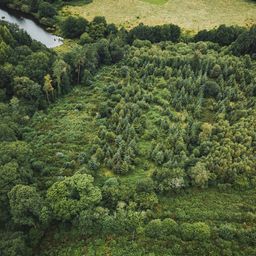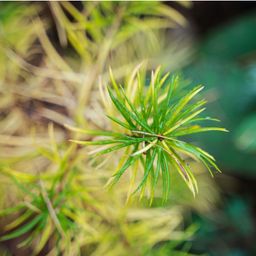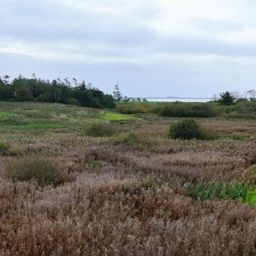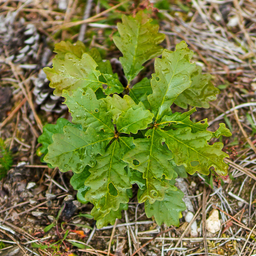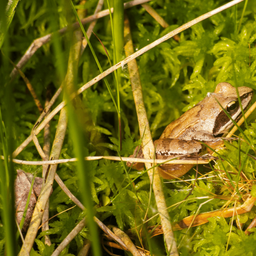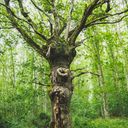
Downy Oak: Uses, characteristics and symbolism
Downy Oak Quercus pubescens, also known as the White Oak or Truffle Oak, grows naturally in Mediterranean regions and on limestone soils.
Downy Oak
This typical Mediterranean oak, which is spreading northwards as a result of climate change, can be recognised by the downy hairs on its leaves and acorns. Its trunk is often short and twisted, so it is not traditionally sought-after for timber, but it does make excellent firewood. However, thanks to climate change, this oak is set for a new future.
Why does EcoTree plant Downy Oak?
Downy Oak shows promise as a resilient alternative when considering the effects of climate change, especially compared to other oaks. The Common Oak, for instance, needs regular rainfall and suffers in repeated droughts, while the Sessile Oak is more drought-tolerant but struggles with extreme heat. Unlike its reputation as a firewood tree, the Downy Oak can grow into a strong timber source under the right conditions. On healthy soil, it can reach sizes similar to the Common and Sessile Oaks and is likely to produce more high-quality timber in the future.
Downy Oak - Overview
Downy Oak - Overview
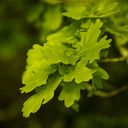
Downy Oak - Species requirements
Downy Oak is a light- and warmth-loving tree species that thrives best on chalky, dry soils but cannot grow on very acidic soil.
It’s well-suited to both temperate and Mediterranean climates. Downy Oak tolerates cold but prefers mild winters and can withstand temperatures as low as -15 °C. Although it doesn’t grow above 1,400 metres, it can handle harsh climate conditions, especially drought and nutrient-poor soils.
Quercus pubescens also grows well in deep, healthy soil, as long as there is plenty of sunlight and warmth.
Downy Oak's Wood
Traditionally used as firewood, Downy Oak now has a more valuable future as timber that can store CO₂ for the long term. Its durability, strength, and attractive appearance also make it a sought-after material across various industries.
Downy Oak timber is dense, hard, and highly resistant, making it ideal for high-quality furniture like tables, cabinets, and chairs. Its fine grain and beautiful patterns are especially popular for decorative pieces.
In construction, Downy Oak is also valued for its durability, particularly for elements requiring extra strength, such as beams, flooring, and frames. Its robustness makes it the preferred choice for structures that need to withstand heavy loads.
Downy Oak's symbolism
Like many oak species, Downy Oak is often associated with strength, durability and resilience. Its ability to thrive in poor soils and difficult climatic conditions makes it a symbol of perseverance in the face of challenges.
The Oak, in general, is also a symbol of wisdom and longevity. Because of its slow growth and long lifespan, the Downy Oak is seen as a guardian of collective memory, a tree that bears witness to passing generations.
Our selection of trees
Our goal is to enable anyone to do something that benefits nature and helps us to live in a more harmonious world. So why not become a tree owner in a European forest and help combat climate change?


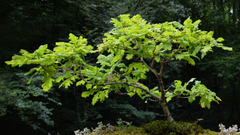

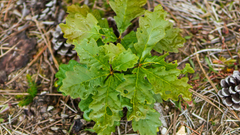

Please note that this is promotional communication. See our notice of information.
